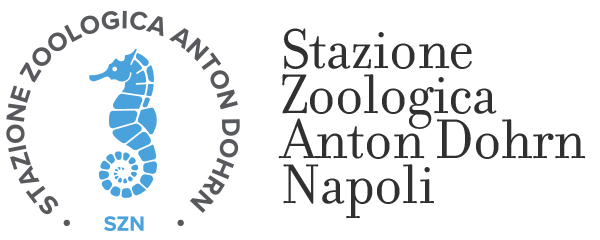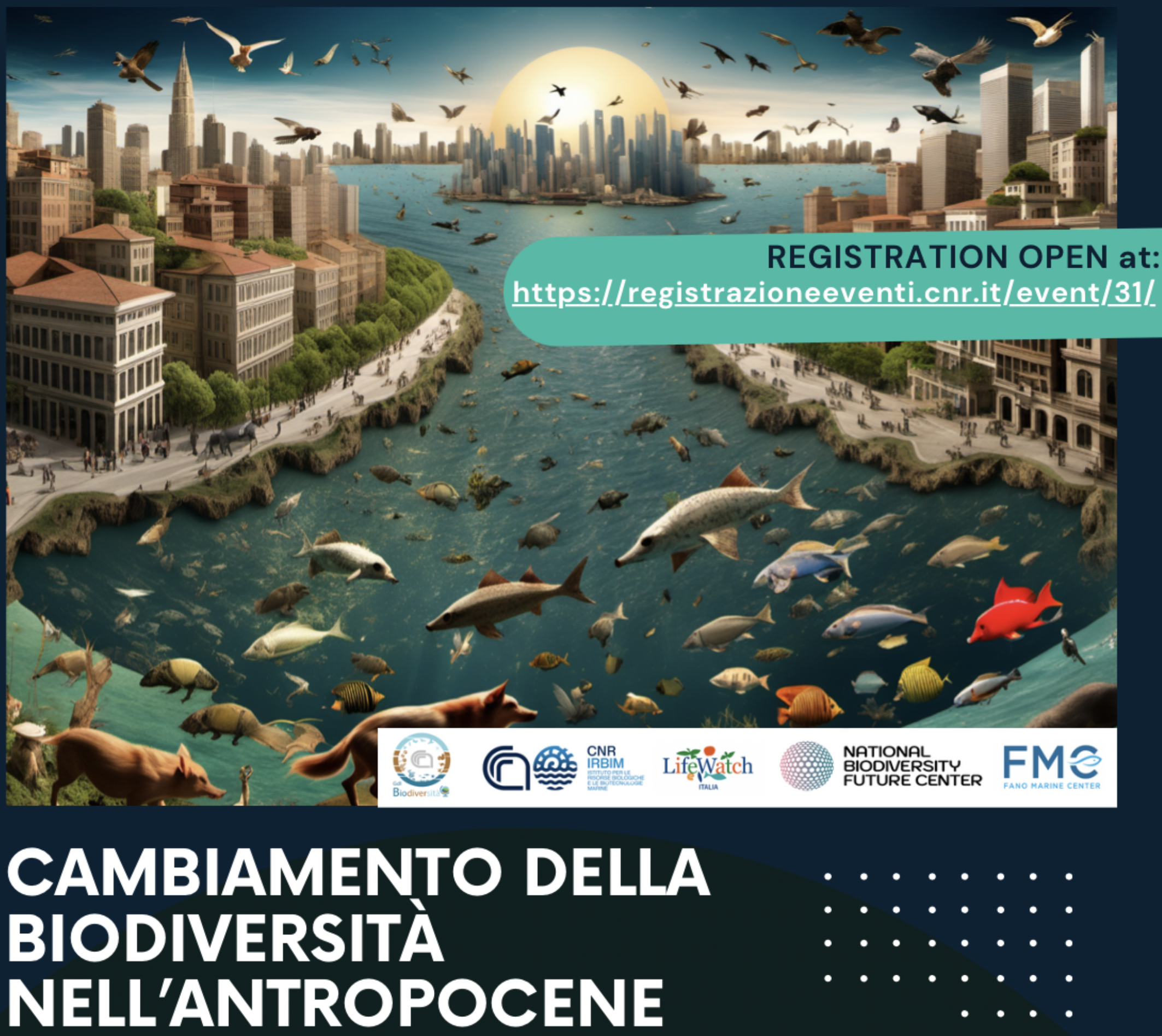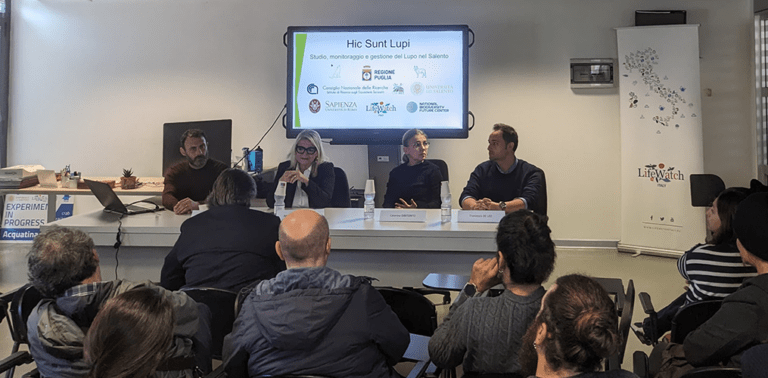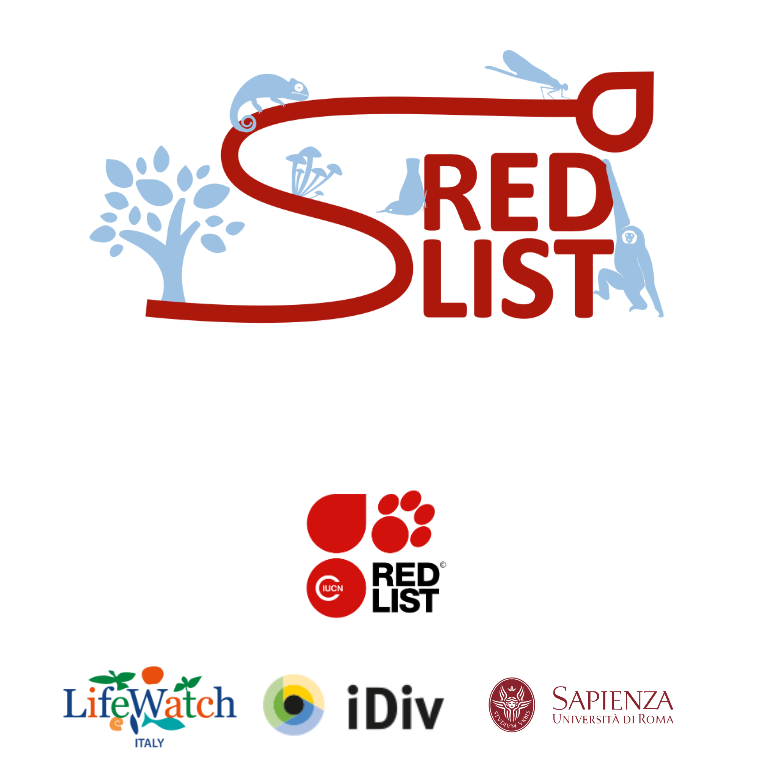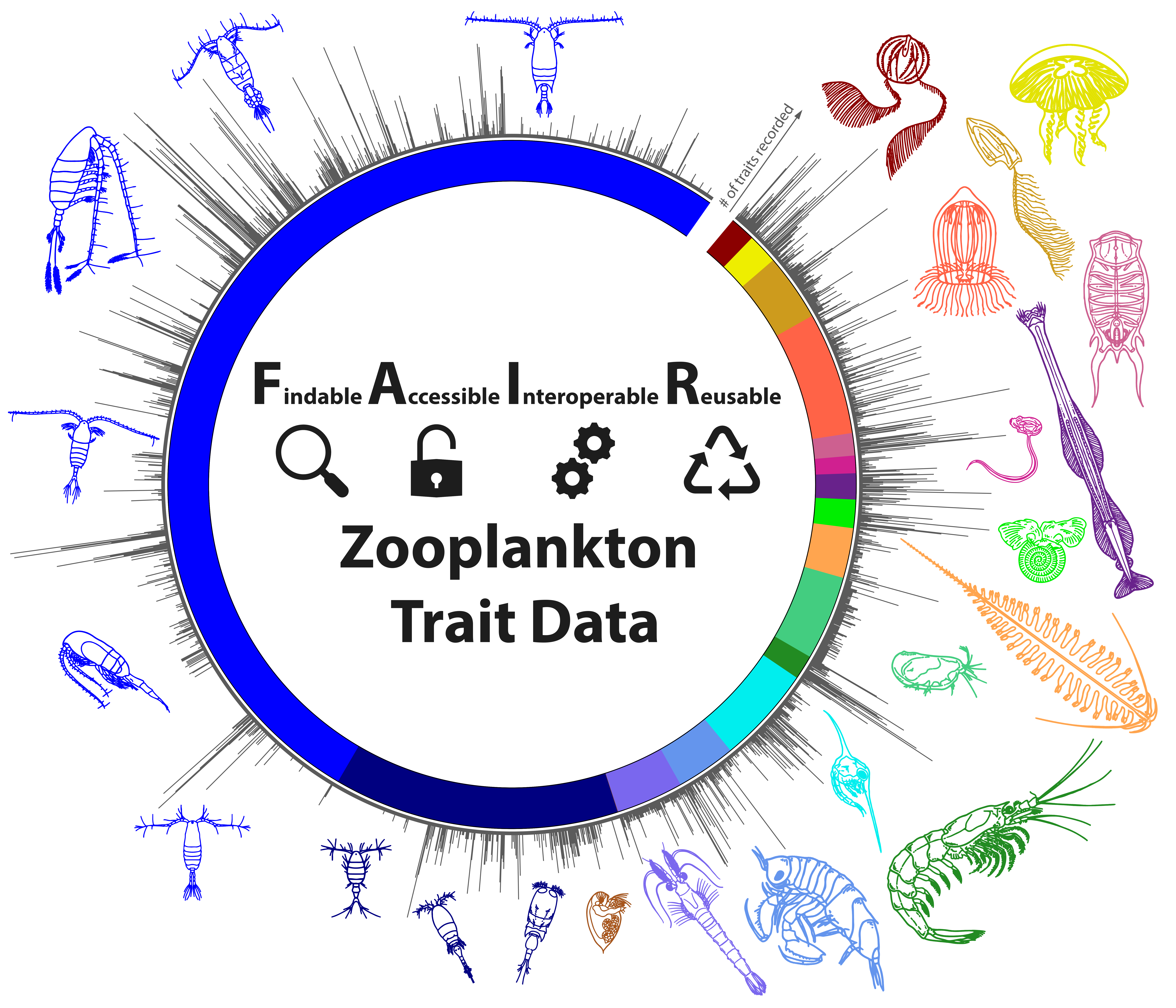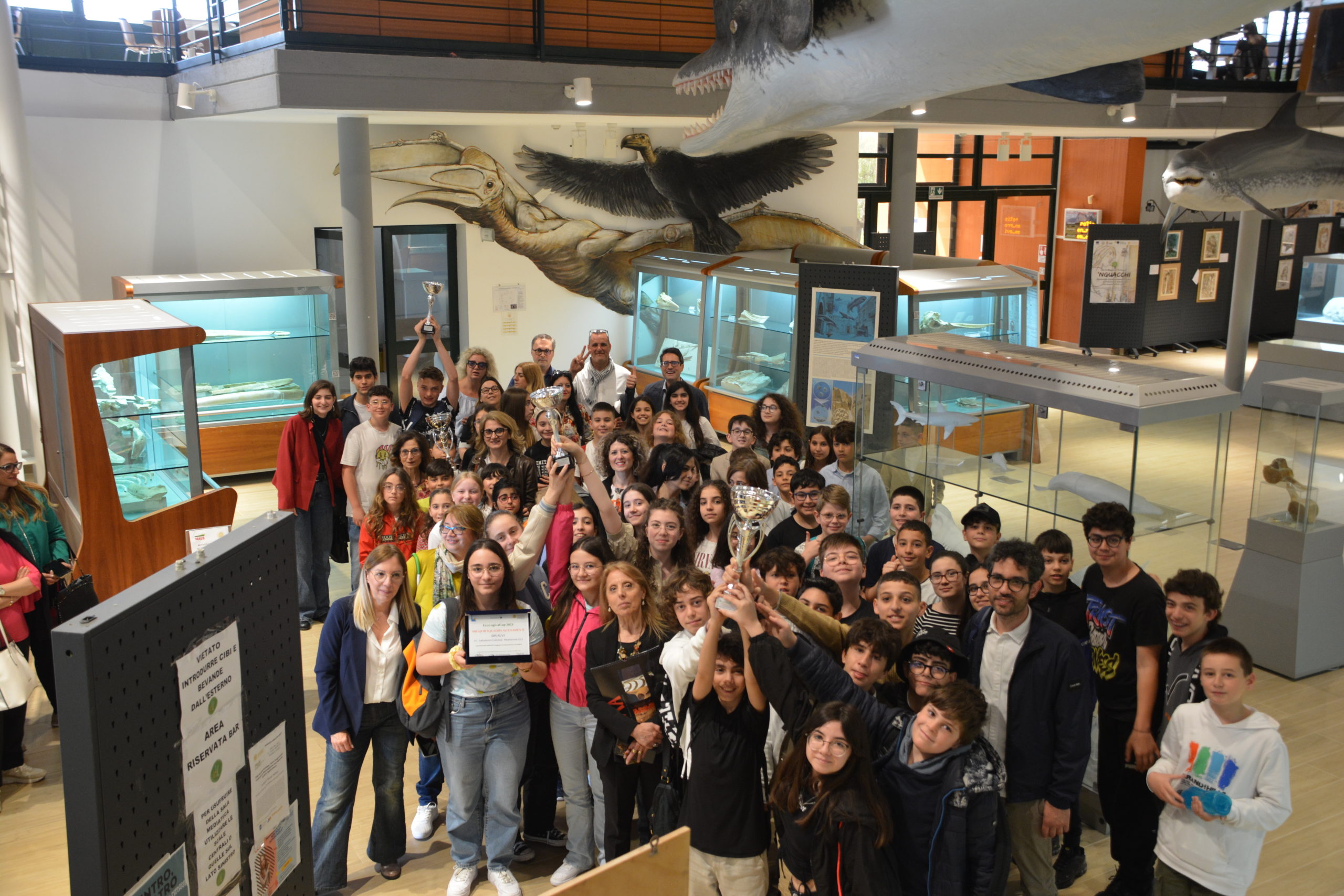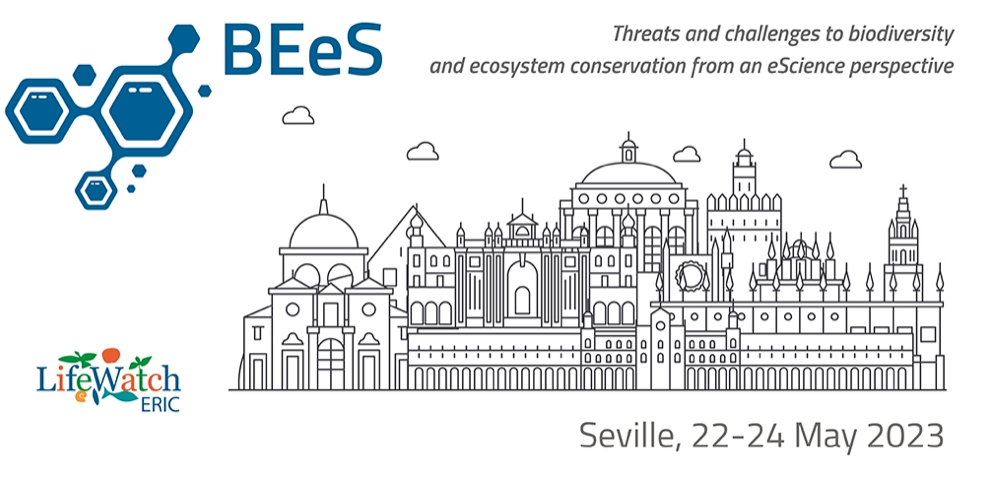An 18 months research fellowship is available at the SZN Anton Dohrn to investigate trophic adaptations and phenotypic plasticity in corallivorous gastropods, using transcriptomics, proteomics and miRNomics. C The project aims at understanding the molecular basis and regulatory mechanisms of trophic adaptations in marine invertebrates, using as model the corallivorous gastropods of the genus Coralliophila, which are able to feed on different coral species. In particular, the scientific activity will include host switch experiments, gene expression analysis in the gastropods’ salivary glands using proteotranscriptomic approaches, and characterization of the associated miRNAs. Basic expertise in molecular biology (nucleic acids and protein extraction) and previous experience in bioinformatic analysis of -omics data are required.
Pre-requisites:
a) MSc degree in Biological Sciences or Natural Sciences or Environmental Sciences or Marine Biology or equivalent qualification obtained abroad;
b) At least 1 publication in ISI journals;
c) Knowledge of English.
Deadline: 25/01/2024.
Salary: The gross annual amount of the research fellowship is € 19,456.83, for an overall amount of € 29.185,25 for the entire duration of the contract (18 months).
How to apply: The applicants must use the form found at https://www.szn.it/index.php/it/bandi-e-concorsi/bandi-di-concorso/assegni-di-ricerca/bandi-attivi under “Assegno di Ricerca n. 08/2024”.
The form, together with the documentation proving qualifications and publication record, must be sent to Stazione Zoologica Anton Dohrn to the following e-mail address: stazione.zoologica@szn.it, no later than 25/01/2024, attaching also a copy of the applicant’s ID card or passport.
The interview will take place remotely on 16/02/2024
Interested candidates can contact mariavittoria.modica@szn.it
